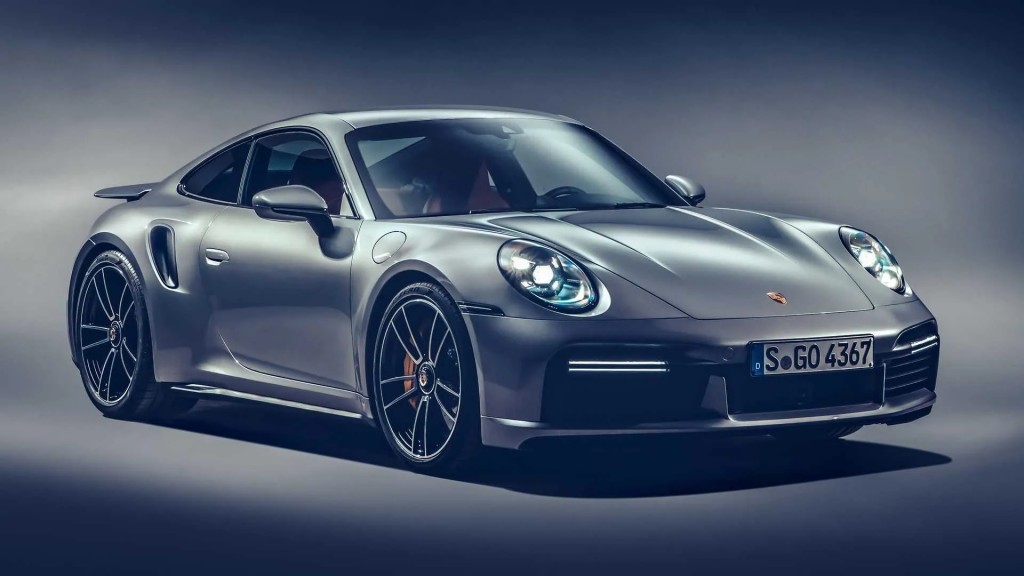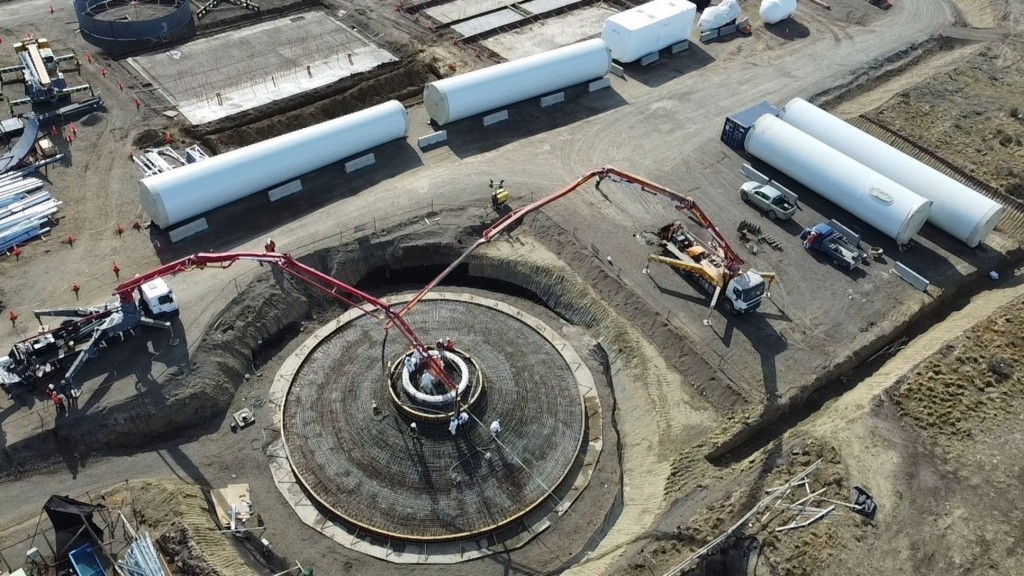It is quite likely that if you’re looking to change your vehicle in the next ten years, you would be getting an EV, seeing as quite a number of auto brands have committed to phasing out petrol-powered autos by 2030.
Not if Porsche succeeds though.
Early in April, the German automaker announced a new investment in HIF Global LLC, a Chilean company that develops renewable fuels. The USD 75 million investment also grants Porsche a long term stake in the company, which it shares alongside other investors including the Chilean company Andes Mining & Energy (AME) and the American companies EIG, Baker Hughes Company and Gemstone Investments.

The race to develop renewable fuel for commercial use is already on: according to Porsche, the production of eFuels from hydrogen and CO2 using wind energy is expected to start at the pilot plant in Chile in mid-2022.
The process looks like this: using wind power, electrolyzers separate water into its two components, water and hydrogen. The latter, now known as green hydrogen is then mixed with carbon dioxide, extracted from the air, in a ‘reactor’ to produce green methanol (e-methanol). This is then converted into eFuel.
Electric vehicles are great alternatives to noxious fossil fuels; however, they are not without their challenges, and in countries where stable electricity is a challenge, they can quickly become a burden to run and maintain. Should Porsche’s investment in HIF pay off, it might mean that your next auto purchase may not be an EV after all, and you can do it without any guilt of contributing to the climate change crisis we appear to be accelerating towards.

Porsche has already successfully tested eFuel on race tracks and will be used in motorsport flagship projects. In the future, it is also conceivable that they will be used to fuel Porsche’s own vehicles with combustion engines during initial fuelling at the factory, and at Porsche Experience Centers.
